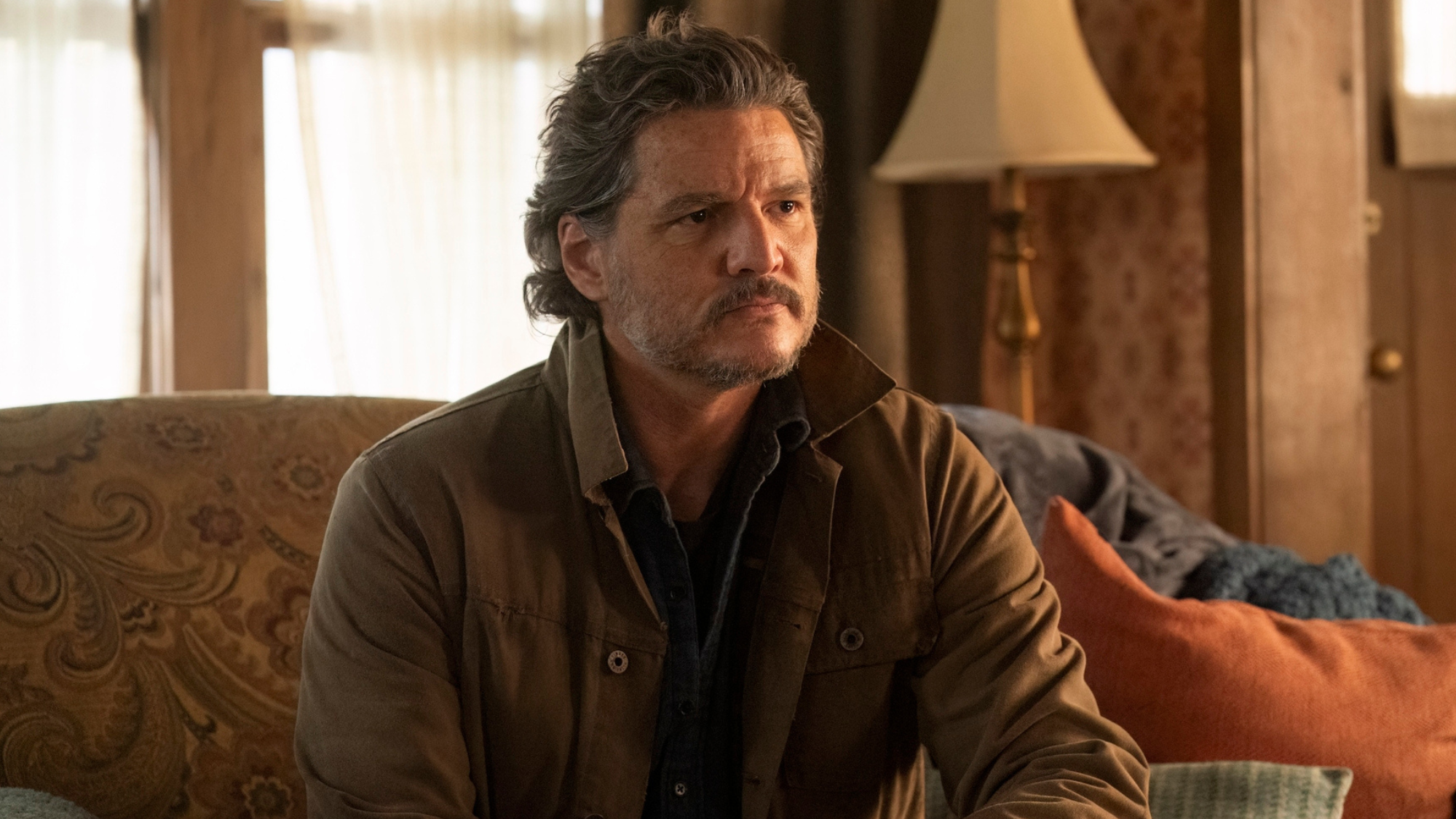The Last of Us, series two: 'post-apocalyptic television at its peak'
Second instalment of hit show is just as 'gutsy' and 'thoughtful' as the first

A free daily email with the biggest news stories of the day – and the best features from TheWeek.com
You are now subscribed
Your newsletter sign-up was successful
Showrunners Craig Mazin and original game writer Neil Druckmann created something "thrilling" and "profound" with "The Last of Us", said John Nugent in Empire. Based on the 2013 post-apocalyptic video game of the same name, the hit HBO show was a "masterclass in adaptation". Now, the duo are "tempting fate" with a second instalment and, "against considerable odds", they've managed to pull it off.
The new season kicks off five years after hardened survivor Joel (Pedro Pascal) and teenager Ellie (Bella Ramsey) made their cross-country trek through a "devastated" America. Joel's plan was to deliver the "seemingly immune" Ellie to a rebel group who believed she could hold the key to a cure for the deadly fungus-based pandemic.
Following the "brutal failure" of this task, the pair are living in the walled city of Jackson, Wyoming, where they've established "some semblance of normality". Joel is even "seeking healing" through regular therapy sessions with "whiskey-chugging shrink" Gail (Catherine O'Hara). But his "ill-defined surrogate father-daughter bond" with Ellie has "deteriorated" in the face of her dark teenage moods.
The Week
Escape your echo chamber. Get the facts behind the news, plus analysis from multiple perspectives.

Sign up for The Week's Free Newsletters
From our morning news briefing to a weekly Good News Newsletter, get the best of The Week delivered directly to your inbox.
From our morning news briefing to a weekly Good News Newsletter, get the best of The Week delivered directly to your inbox.
Season two has a "narrower" scope than the first, but it's just as "gutsy" and "thoughtful", said Jack Seale in The Guardian. The second instalment focuses on Ellie "becoming her own person", which means we're treated to more of Ramsey's "wonderfully punchy" take on a "damaged young soul fighting for autonomy".
Episode two, in which the town is assaulted by a horde of infected creatures, rivals the "most visceral and goriest" battles from "Game of Thrones", said Jack King in GQ. It's not just about "flashy effects and violence" either; the episode has high "emotional stakes", and you care about what happens to the characters. In all, it's the "certain Emmy play – sure to go down as a TV all-timer".
But the series goes "awry" when Ellie and her love-interest Dina (Isabela Merced) embark on a "dangerous" road trip, said Caryn James on BBC Culture. The "harrowing" zombie attacks come "too regularly and predictably", and however much you're "rooting" for the pair to "acknowledge their attraction" to each other, their relationship is "no match" for Joel and Ellie's. An "eloquent" flashback episode about what happened in the five years between seasons is a welcome addition – but it also draws attention to how much the series relies on the "dynamic" between Pascal and Ramsey.
Still, "at almost every turn, it delivers", said Nugent in Empire. "Moving and devastating in equal doses, 'The Last of Us' remains post-apocalyptic television at its peak."
A free daily email with the biggest news stories of the day – and the best features from TheWeek.com
Irenie Forshaw is the features editor at The Week, covering arts, culture and travel. She began her career in journalism at Leeds University, where she wrote for the student newspaper, The Gryphon, before working at The Guardian and The New Statesman Group. Irenie then became a senior writer at Elite Traveler, where she oversaw The Experts column.